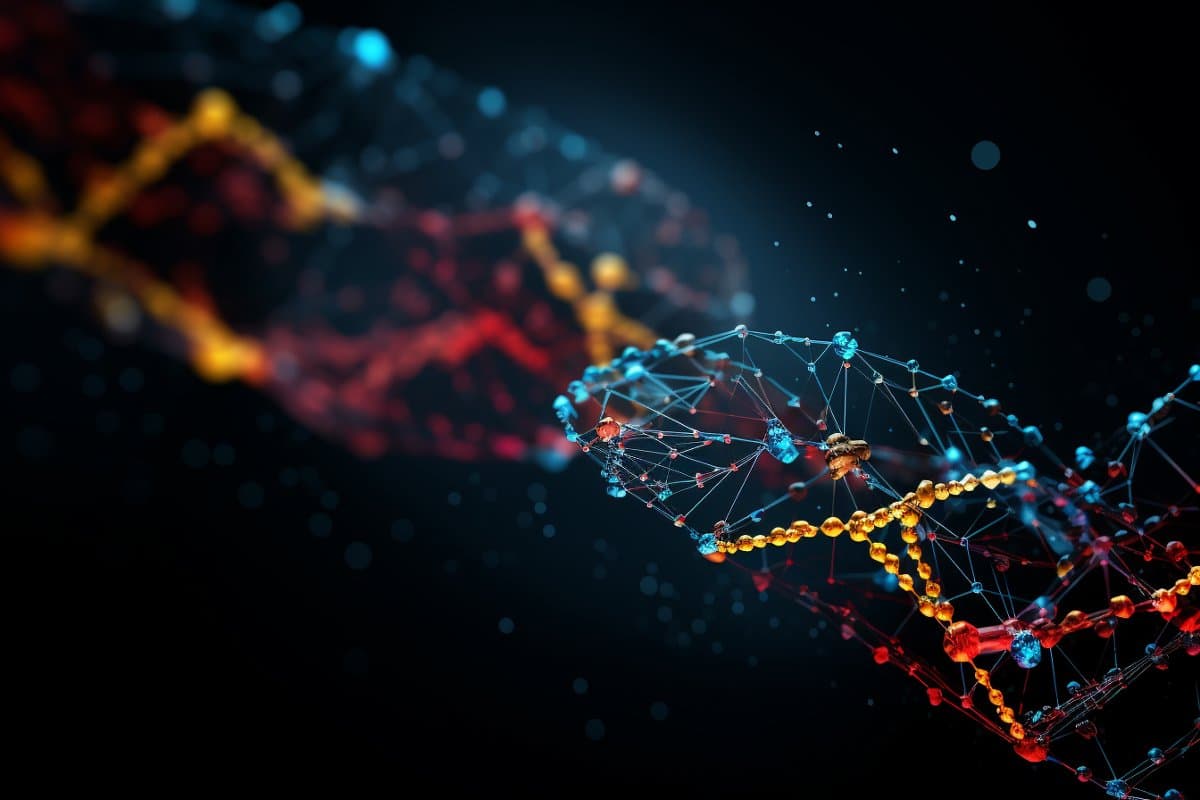Summary:
Researchers at KAUST have introduced DeepGO-SE, an innovative AI tool that excels in forecasting the functions of unknown proteins, a breakthrough in bioinformatics. By leveraging large language models and logical entailment, this tool can deduce molecular functions even for proteins lacking database matches, offering a novel approach to understanding cellular mechanisms.
DeepGO-SE’s accuracy places it among the top algorithms in an international function prediction competition, showcasing its potential in drug discovery, metabolic pathway analysis, and beyond. The team plans to utilize this tool to explore proteins in extreme environments, paving the way for biotechnological advancements.
Key Points:
- DeepGO-SE surpasses existing methods in predicting protein functions, including for uncharacterized proteins.
- By utilizing large language models and logical entailment, the tool infers protein functions based on biological principles and amino acid sequences.
- Ranked in the top 20 out of 1,600 algorithms, DeepGO-SE holds promise for applications in drug discovery, protein engineering, and more.
Source: KAUST
A new AI tool developed by Maxat Kulmanov and colleagues at KAUST excels in inferring the functions of unknown proteins, outperforming traditional methods and even analyzing proteins with no existing dataset matches. DeepGO-SE, ranked in the top 20 among 1,600 algorithms in a function prediction competition, employs large language models akin to those in generative AI tools like Chat-GPT. Through logical entailment, it draws meaningful conclusions about molecular functions based on biological principles governing protein functionality.
Robert Hoehndorf, from the KAUST Bio-Ontology Research Group, highlights the tool’s versatility in reasoning over data and hypotheses generated by neural networks or other machine learning models. Collaborating with Stefan Arold from KAUST and researchers at the Swiss Institute of Bioinformatics, Kulmanov and Hoehndorf successfully applied DeepGO-SE to predict the functions of proteins with unknown roles based on amino acid sequences and protein interactions.
The team now employs DeepGO-SE to explore proteins from extremophile plants in the Saudi Arabian desert, aiming to identify novel proteins for biotechnological applications. Kulmanov emphasizes the tool’s potential in various tasks such as drug discovery, disease associations, and protein engineering.
Author: Michael Cusack
Source: KAUST
Contact: Michael Cusack – KAUST
Image: Neuroscience News
Original Research: Open access.
“Protein function prediction as approximate semantic entailment” by Robert Hoehndorf et al. in Nature Machine Intelligence










